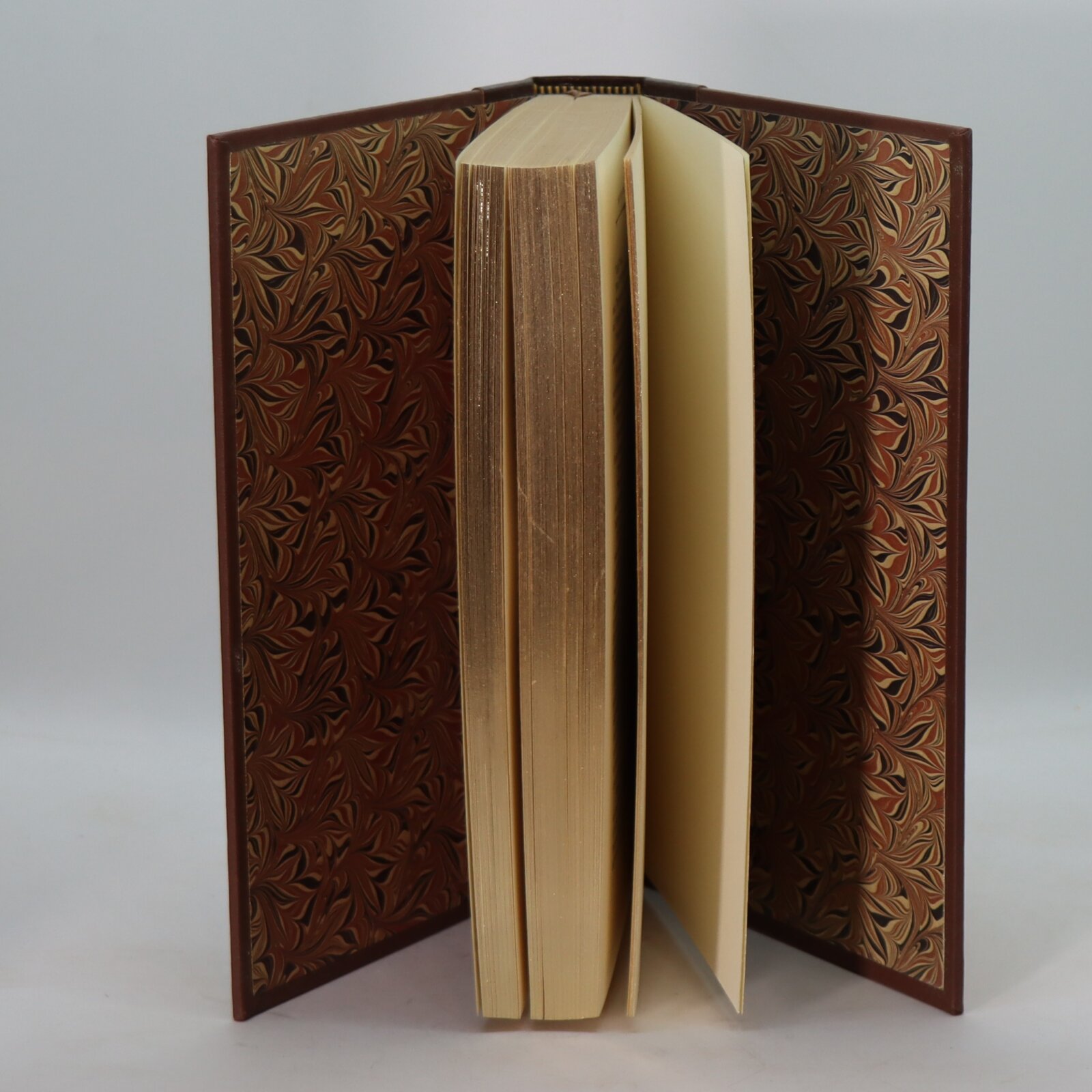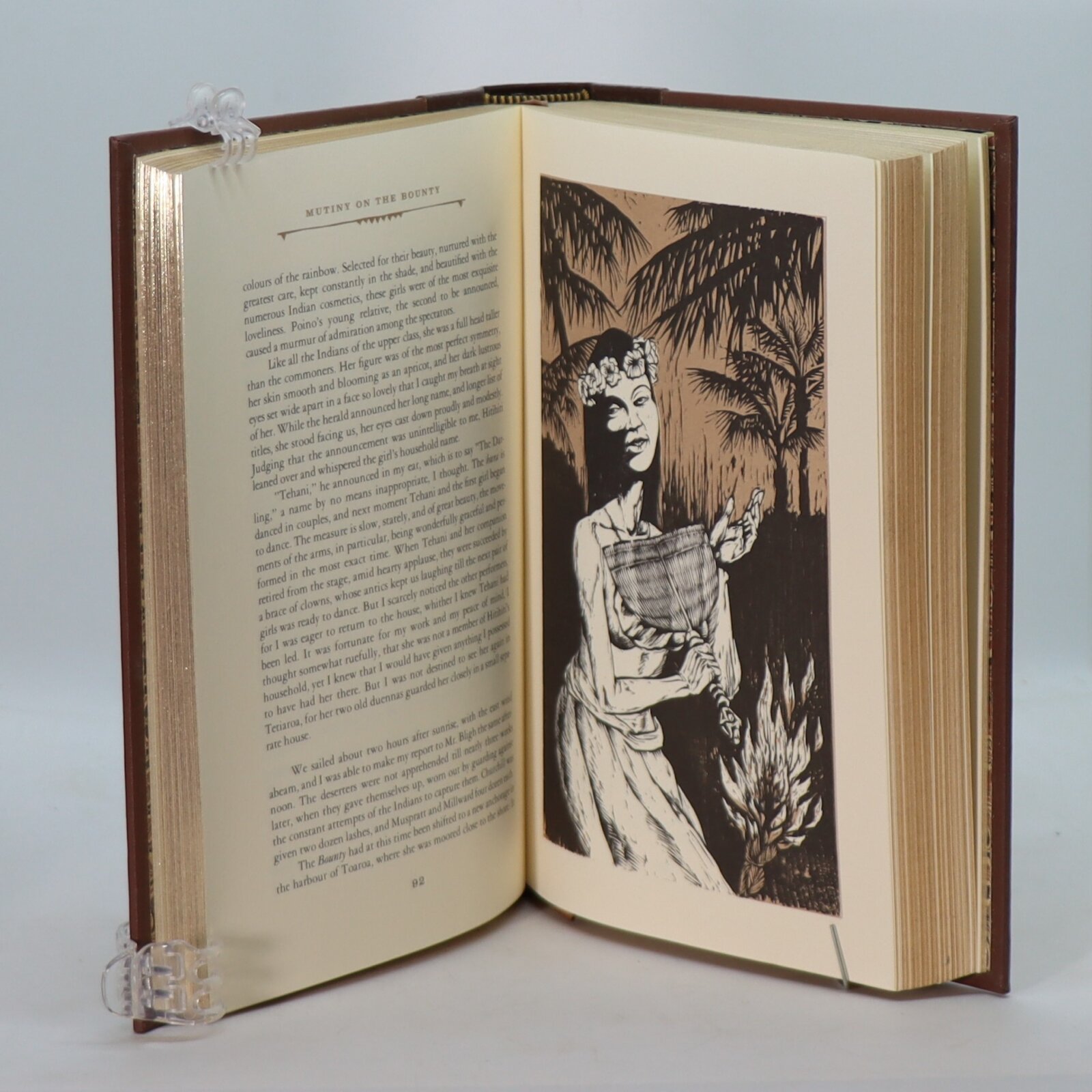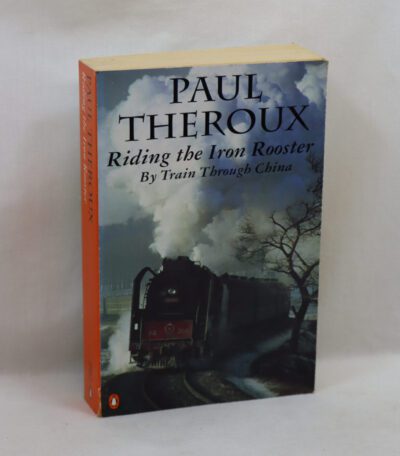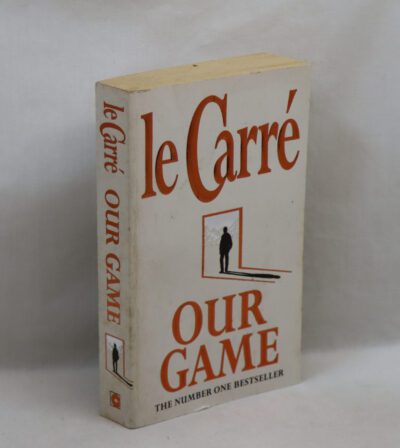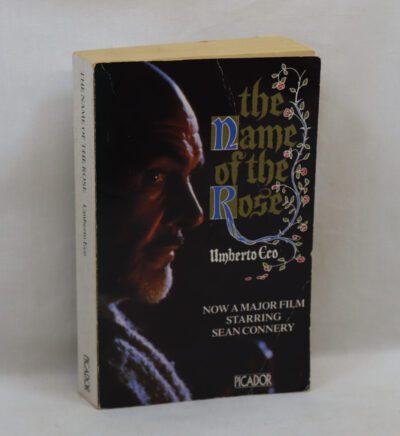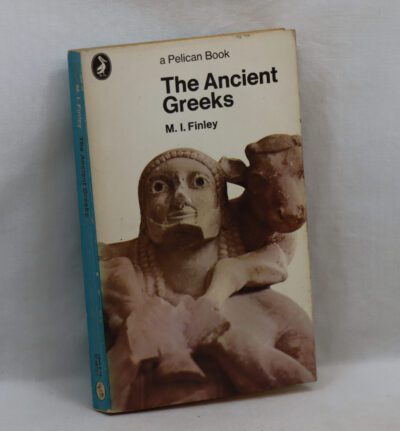Mutiny on the Bounty.
By Charles Nordhoff & James Norton Hall
ISBN: 9781499700800
Printed: 1982
Publisher: The Franklin Library. Pennsylvania
| Dimensions | 16 × 24 × 4 cm |
|---|---|
| Language |
Language: English
Size (cminches): 16 x 24 x 4
Condition: Fine (See explanation of ratings)
Item information
Description
Brown leatherette spine with gilt title and decoration. Brown boards with gilt ship design. All edges gilt.
F.B.A. provides an in-depth photographic presentation of this item to stimulate your feel and touch. More traditional book descriptions are immediately available
Nicely bound to reflect the greatness of the tale.
Mutiny on the Bounty is the title of the 1932 novel by Charles Nordhoff and James Norman Hall, based on the mutiny against Lieutenant William Bligh, commanding officer of the Bounty in 1789. It has been made into several films and a musical. It was the first of what became The Bounty Trilogy, which continues with Men Against the Sea, and concludes with Pitcairn’s Island.
The historical tale is: The mutiny on the Royal Navy vessel HMS Bounty occurred in the South Pacific Ocean on 28 April 1789. Disaffected crewmen, led by acting-Lieutenant Fletcher Christian, seized control of the ship from their captain, Lieutenant William Bligh, and set him and eighteen loyalists adrift in the ship’s open launch. The mutineers variously settled on Tahiti or on Pitcairn Island. Bligh navigated more than 3,500 nautical miles (6,500 km; 4,000 mi) in the launch to reach safety, and began the process of bringing the mutineers to justice.
Bounty had left England in 1787 on a mission to collect and transport breadfruit plants from Tahiti to the West Indies. A five-month layover in Tahiti, during which many of the men lived ashore and formed relationships with native Polynesians, led many men to be less amenable to military discipline. Relations between Bligh and his crew deteriorated after he began handing out increasingly harsh punishments, criticism, and abuse, Christian being a particular target. After three weeks back at sea, Christian and others forced Bligh from the ship. Twenty-five men remained on board afterwards, including loyalists held against their will and others for whom there was no room in the launch.
After Bligh reached England in April 1790, the Admiralty despatched HMS Pandora to apprehend the mutineers. Fourteen were captured in Tahiti and imprisoned on board Pandora, which then searched without success for Christian’s party that had hidden on Pitcairn Island. After turning back towards England, Pandora ran aground on the Great Barrier Reef, with the loss of 31 crew and four prisoners from Bounty. The ten surviving detainees reached England in June 1792 and were court-martialled; four were acquitted, three were pardoned, and three were hanged.
Christian’s group remained undiscovered on Pitcairn until 1808, by which time only one mutineer, John Adams, remained alive. Almost all of his fellow mutineers, including Christian, had been killed, either by each other or by their Polynesian companions. No action was taken against Adams; descendants of the mutineers and their Tahitian captives live on Pitcairn into the 21st century.
Charles Bernard Nordhoff (February 1, 1887 – April 10, 1947) was an American novelist and traveller, born in England. Nordhoff is perhaps best known for The Bounty Trilogy, three historical novels he wrote with James Norman Hall: Mutiny on the Bounty (1932), Men Against the Sea (1934) and Pitcairn’s Island (1934). During World War I, he served as a driver in the Ambulance Corps as well as an aviator in both the French Air Force’s Lafayette Flying Corps and the United States Army Air Service, reaching the rank of lieutenant. After the war, Nordhoff spent much of his life on the island of Tahiti, where he and Hall wrote a number of successful adventure books, many adapted for film.
James Norman Hall (22 April 1887 – 5 July 1951) was an American writer best known for The Bounty Trilogy, three historical novels he wrote with Charles Nordhoff: Mutiny on the Bounty (1932), Men Against the Sea (1934) and Pitcairn’s Island (1934). During World War I, Hall had the distinction of serving in the militaries of three Western allies: Great Britain as an infantryman, and then France and the United States as an aviator. His awards include the Croix de Guerre, the Médaille Militaire, the Légion d’Honneur and the Distinguished Service Cross. After the war, Hall spent much of his life on the island of Tahiti, where he and Nordhoff wrote a number of successful adventure books, many adapted for film. He was also the father of Conrad L. Hall, regarded as one of the ten most influential cinematographers in film history.
Want to know more about this item?
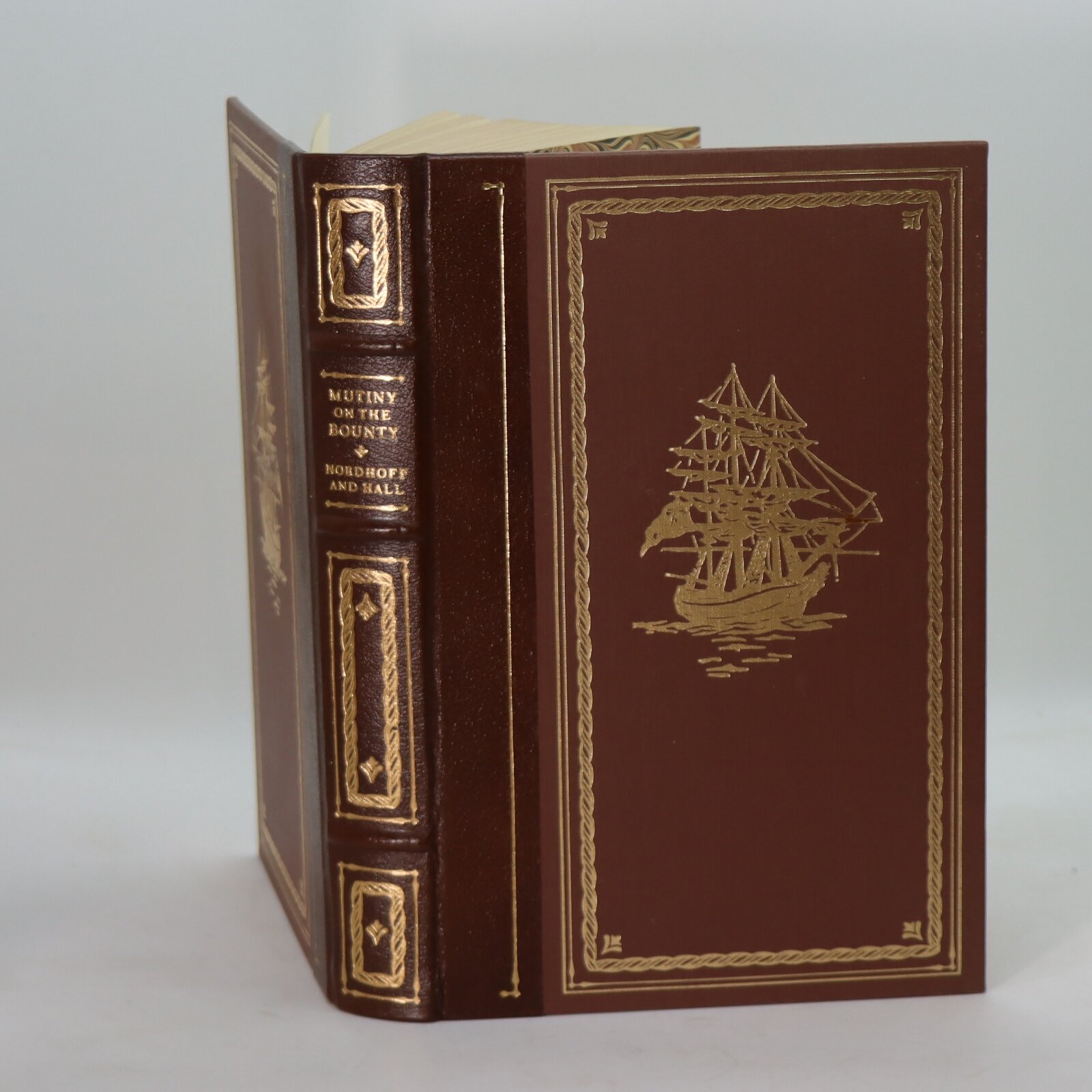
Related products
Share this Page with a friend

